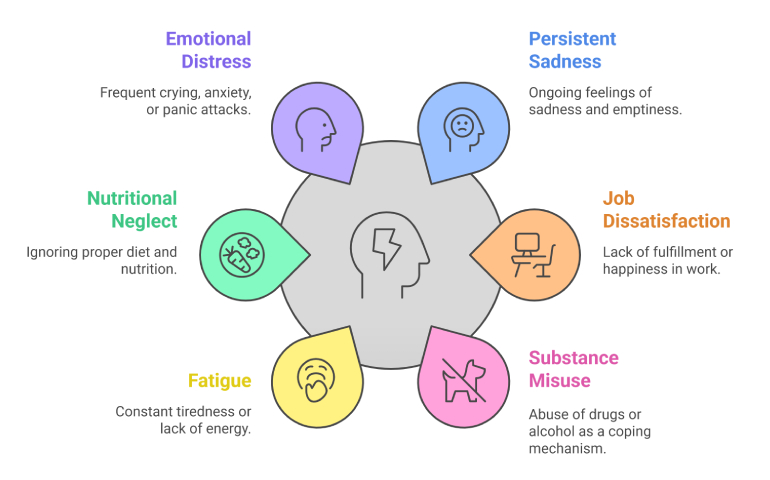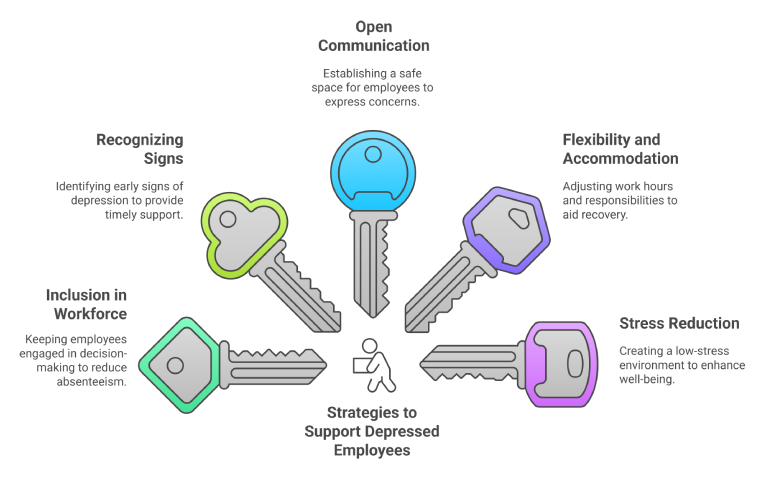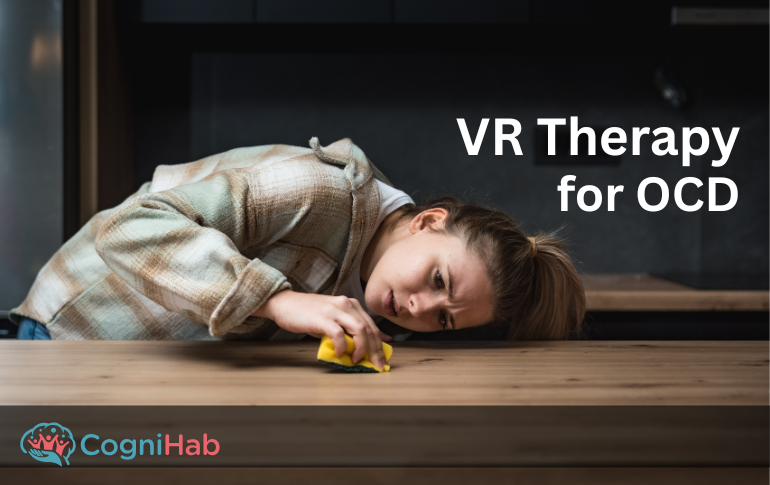How to Deal with an Employee with Depression? 11 Practical Recommendations
One in five people suffers from some kind of mental illness, including depression, anxiety, or stress, in this ever-changing world of work today. This might have a very big impact on the performance of employees, hence affecting the result of the business. How to deal with an employee with depression has become a primary challenge for organizations around the world.
The business outputs are best when the workplace is happy, healthy, and has high team morale. This guide offers effective strategies for dealing with a depressed employee.
What is Depression?
Depression has been causing disability on a massive scale in recent years. Research shows a sharp rise in depression diagnoses among teens and millennials, more than any other generation.
Clinical depression can develop over time or appear suddenly. It can do so with or without a trigger. In depression, sadness and hopelessness are just as strong, with no clear cause.
Also read, 15 Practices for Overcoming Workplace Anxiety
Signs to Look Out For:

- Persistent sad and empty mood
- Lack of job satisfaction
- Loss of productivity
- Signs of substance misuse
- Constant fatigue
- Lack of focus on proper nutrition
- Crying, anxiety, or panic attacks
- Difficulty in sleeping
- Irritability, agitation, conflict, anger issues
- Difficulty concentrating, remembering, or making decisions
- Veiled or direct talk of suicide
11 Tips to Deal with Employees Suffering from Depression?

With rising work pressure and changing markets, businesses must manage employee stress. Here are some of the strategies that have proven to be effective on how to manage a depressed employee:
1. Keep them in the Workforce
There is nothing as bad as absenteeism in the workplace, a leading sign of stress or depression. Employers should include their employees in key decisions and processes at work. This helps to combat depression.
2. Identify the Warning Signs
Instead of disciplining workers who are now late and unkempt, ask how they're doing. Let them know they are an important asset to the organization, and employers wish for them to be healthy and productive.
3. Listen
Employers must provide a safe space at work. Open communication and safety at work are the primary requirements of a workplace. Regular feedback and one-on-one meetings can help employers mitigate the challenge of workplace depression.
4. Be Flexible and Accommodating
Just like a person needs follow-up treatment for an injury, someone with depression might also benefit from it. Lowering work hours can be beneficial for employees suffering from depression. Employers should encourage such employees to seek proper medical help.
5. Offer Modified Duties
Depression affects not only employees' moods but also their skills and performance. Employers must know the limits of those with depression and adjust job responsibilities accordingly.
6. Clarify Roles and Responsibilities
Employees must know how to deal with employees with depression at work. A manager is responsible for structuring job roles and responsibilities. Employees should be able to easily track their work and have a clear idea about the work ahead. Simple steps can help an employee with depression stay focused at work while recovering.
7. Reduce Workplace stressors
Depressed employees are likely to misbehave with their supervisors and managers. Management should focus on avoiding stress at work and focus on creating a healthy workplace.
8. Respect Privacy and Discourage Gossip
Harassment, gossiping, or bullying at work causes major stress. It is challenging for employees who are suffering from depression to work in a gossiping environment. Managers and supervisors must maintain a gossip-free environment by taking strict actions against it.
9. Normalize Talking about Mental Health
People still hesitate to talk about their mental health issues at workplaces. It causes stress among employees and promotes secrecy. Employers must make all possible help accessible to employees. This includes professional counseling, meditation apps, and software subscriptions.
10. Encourage an Appropriate Work / Life Balance
When the employees are not happy and healthy, their productivity and the overall business outcome are affected. Encouraging maintaining a proper work-life balance is an employer's responsibility and has been proven an effective way to deal with employees with depression.
11. Integrate Technology for Stress Relief
With technology's advancement, many meditation and stress relief solutions, such as VR for corporate wellbeing, are available. Businesses must provide innovative solutions to employees to reduce workplace anxiety and stress.
Virtual Reality: Changing the Employee Mental Well-Being World
Like all the other market areas, VR has made its mark on employee mental well-being. Integrating VR solutions in the workplace isn't only about relaxation. It creates a healthier, more balanced relationship at work, where employers can effectively deal with employees with depression. While VR isn't intended to replace traditional therapy, it provides an innovative and exciting supplement that could help millions better manage their mental health.
Cognihab offers a VR meditation solution to help manage workplace stress featuring calming virtual settings, encouraging voiceovers, and relaxing music. Cognihab's VR solution uses advanced VR tech and proven relaxation methods. It will answer how to deal with an employee with depression.
Also read, Top 20 Key Signs of Work Burnout
Bottom Line
Businesses worldwide are facing the challenge of workplace depression. The above measures can help the employer focus more on stress management and employee welfare, thus promoting a more productive and stress-free work environment for all.
Using advanced tech like VR for stress management is an effective way to help employees with stress or depression. Invest in Cognihab's VR-powered mindfulness solutions and allow your employees to grow stress-free, with better focus and higher productivity. Be part of this healthy workplace journey now!







